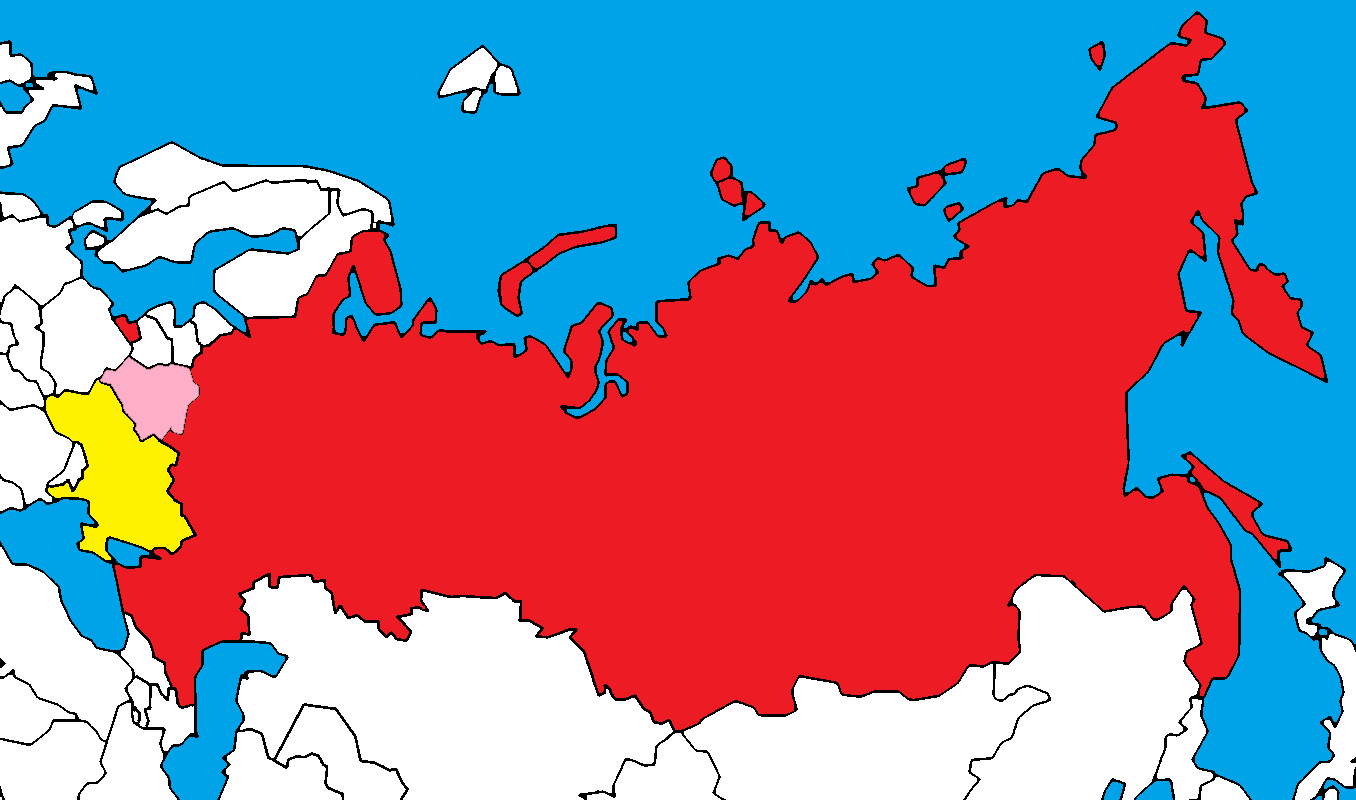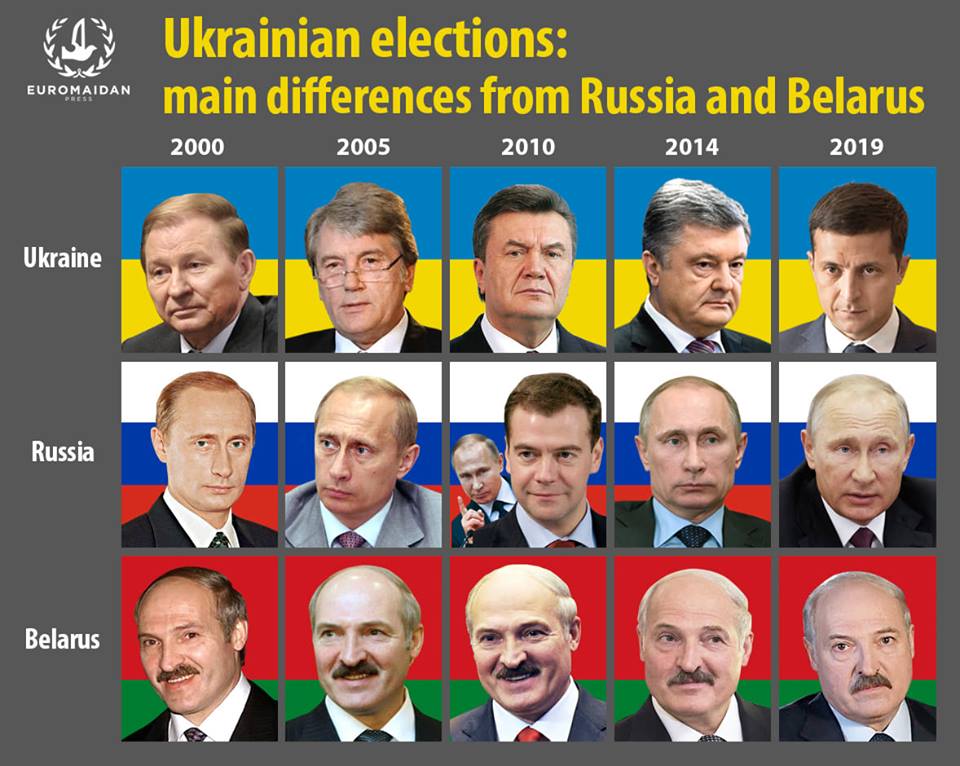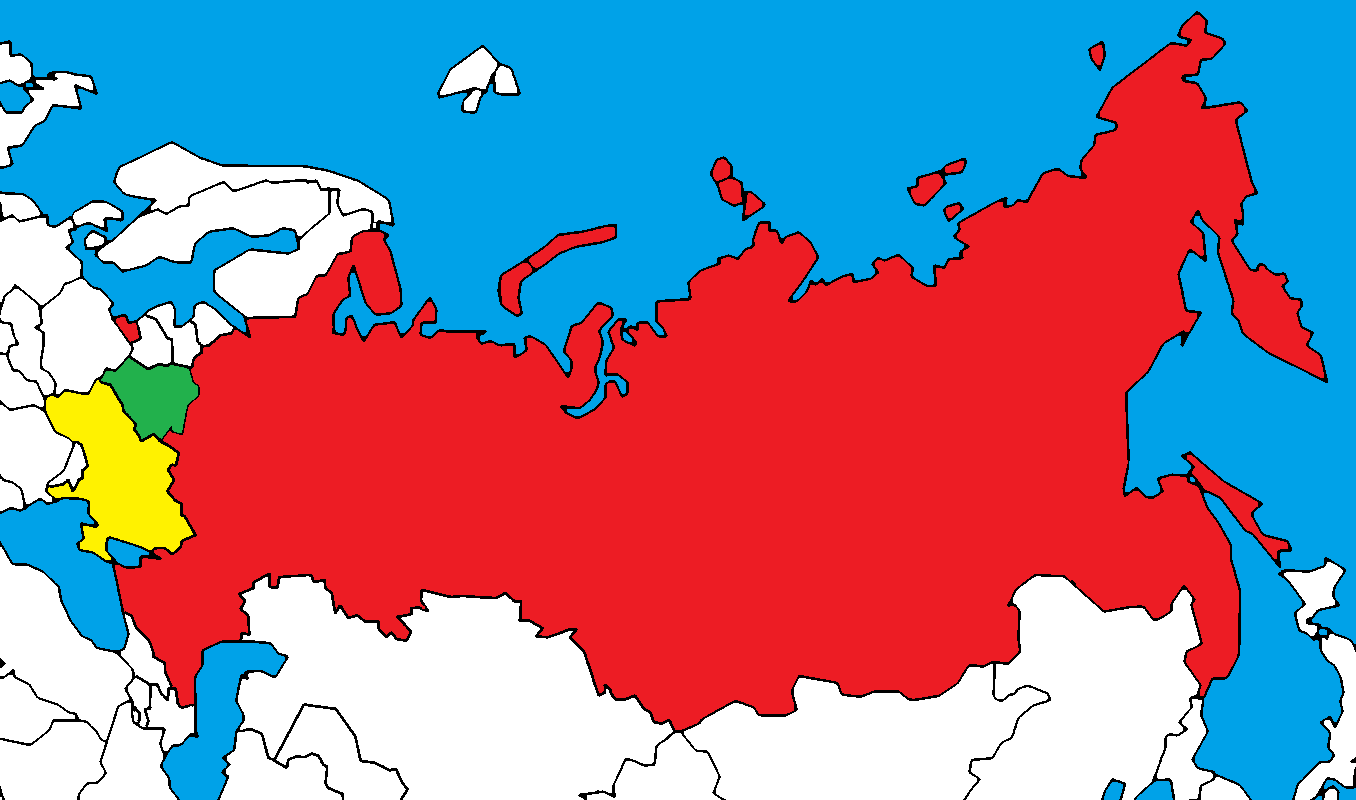Now, once again, barriers are going up between East and West not everywhere but where they are it is for very different reasons and by very different hands. In all three Baltic countries, the governments have been compelled to erect new barriers to block efforts by Minsk and possibly Moscow to use migrants as a weapon.
In recent days, there has been some progress in restricting the illegal flow of immigrants from the Middle East via Belarus into Lithuania, but the danger that dictators like Alyaksandr Lukashenka may try to use this weapon just as Moscow has tried to do with migrants into Western Europe mean that more tightly controlled borders are likely to again be the norm.
That may work to the benefit of the dictators in the short term, just as stemming the flood of those fleeing the communist dictatorships did for the Soviet bloc. But in the longer term, these new barriers, the result of such policies – the forcing of Western countries to erect more barriers – will work against those who seek to rule their people by repressive force.
And once they reach that conclusion, they will recognize as well that it is not the countries of the West who are the problem but their own regimes. Over time, that will erode support for the regimes in their countries just as surely as the walls and barbed wire barriers Moscow erected during the first cold war.
Read More:
- Reflexive control and hybrid warfare: an introduction into the 21st century Cold War
- Putin elite can’t retain power and property without another war, Pastukhov says (2018)
- Putin needs a new cold war to stave off the end of the empire, just like Soviet leaders, Karelian says (2016)
- Information warfare at sea
- What if Russia wins in Ukraine? Hybrid War and consequences for Europe
- Kremlin behaving toward Ukraine now the way it did toward Georgia before 2008 invasion, Portnikov says
- The political dimension of Russia’s spy war in Ukraine
- Putin actively using Cold War Stasi agent network in Germany, Reitschuster says





